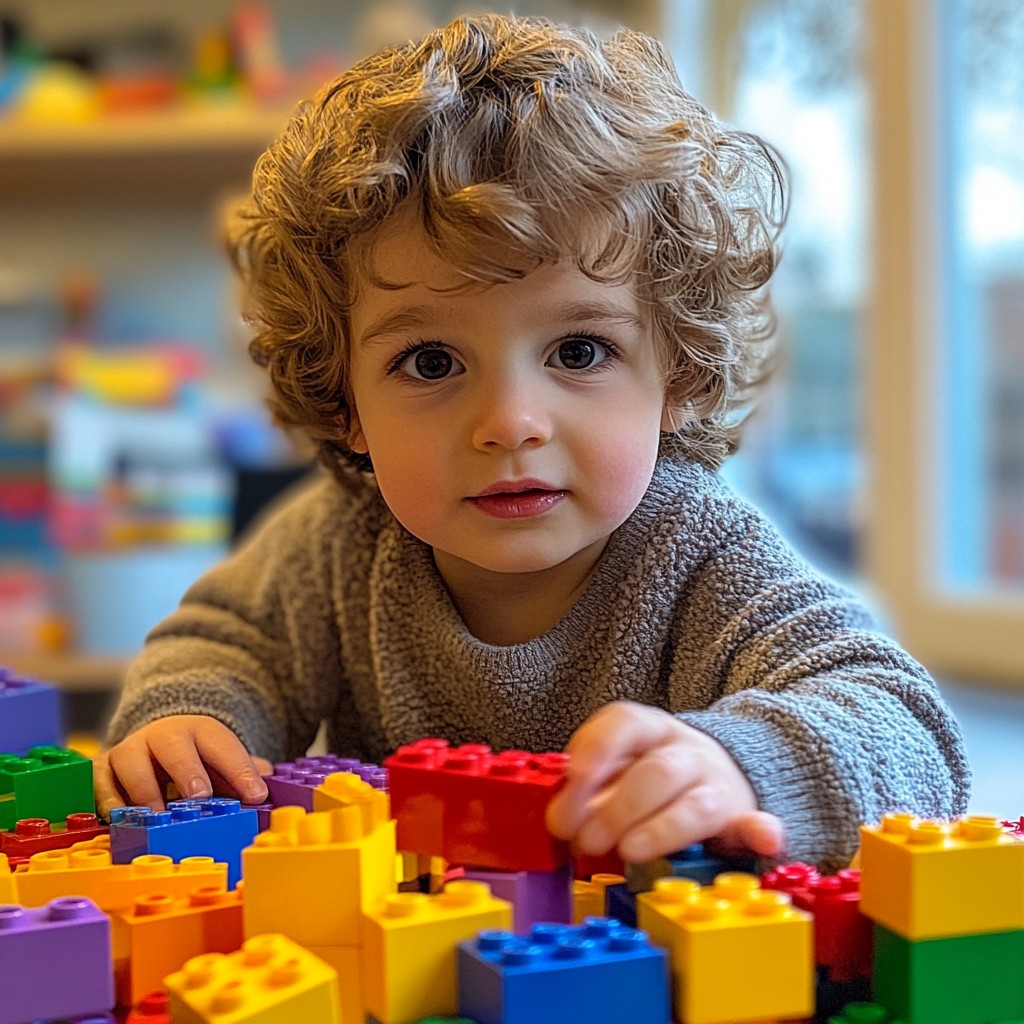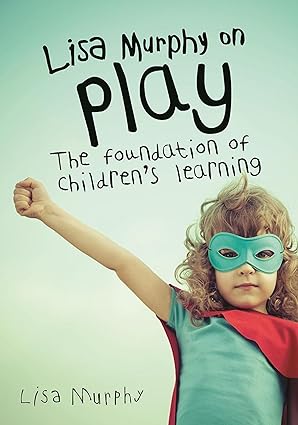In a world increasingly focused on structured learning and academic achievement, the essential role of play in child development is often overlooked. However, numerous studies have demonstrated that play in child development is not a frivolous pastime; it’s a crucial component of healthy growth. From fostering cognitive skills to nurturing social and emotional development, play in child development lays the foundation for a well-rounded and successful life.
Cognitive Development Through Play
Play is a natural learning environment where children can explore, experiment, and discover. Through activities like building blocks, puzzles, and imaginative role-playing, children develop essential cognitive skills such as problem-solving, critical thinking, and spatial reasoning. Play also stimulates creativity and imagination, allowing children to think outside the box and come up with innovative solutions.
Social and Emotional Growth Through Play
Play provides a safe space for children to practice and develop social skills. When children play together, they learn to negotiate, cooperate, and communicate effectively. They also learn to empathize with others, understand different perspectives, and resolve conflicts peacefully. Additionally, play helps children develop emotional regulation skills as they learn to manage their feelings and cope with challenges.
Physical Development and Well-being
Physical play, such as running, jumping, and climbing, is essential for developing gross motor skills, coordination, and balance. It also promotes physical fitness and helps children maintain a healthy weight. Furthermore, outdoor play allows children to connect with nature, which has been shown to have numerous benefits for both physical and mental well-being.

Types of Play and Their Benefits
- Free Play: Unstructured play where children can follow their own interests and imagination. This type of play fosters creativity, problem-solving skills, and self-directed learning.
- Imaginative Play: Role-playing and pretend play that allows children to explore different scenarios, develop social skills, and express their emotions.
- Constructive Play: Activities like building with blocks, creating art, or assembling puzzles that promote cognitive development, spatial reasoning, and fine motor skills.
- Physical Play: Activities like running, jumping, climbing, and sports that enhance gross motor skills, coordination, and physical fitness.
The Role of Parents and Caregivers
Parents and caregivers play a crucial role in providing children with opportunities for play. Creating a safe and stimulating environment, providing age-appropriate toys and materials, and encouraging children to engage in different types of play are all essential. Participating in play with children can also strengthen parent-child bonds and create lasting memories.
The Importance of Play in the Digital Age
In today’s digital age, it’s more important than ever to ensure that children have ample opportunities for play. While technology can be a valuable tool for learning and entertainment, it should not replace the essential role of play in child development. Balancing screen time with active, imaginative, and social play is crucial for children’s overall well-being.
Conclusion
Play is not just a luxury; it’s a necessity for healthy child development. By recognizing the importance of play and providing children with ample opportunities to engage in it, we can help them develop the skills, knowledge, and character they need to thrive in life.












No Comment! Be the first one.